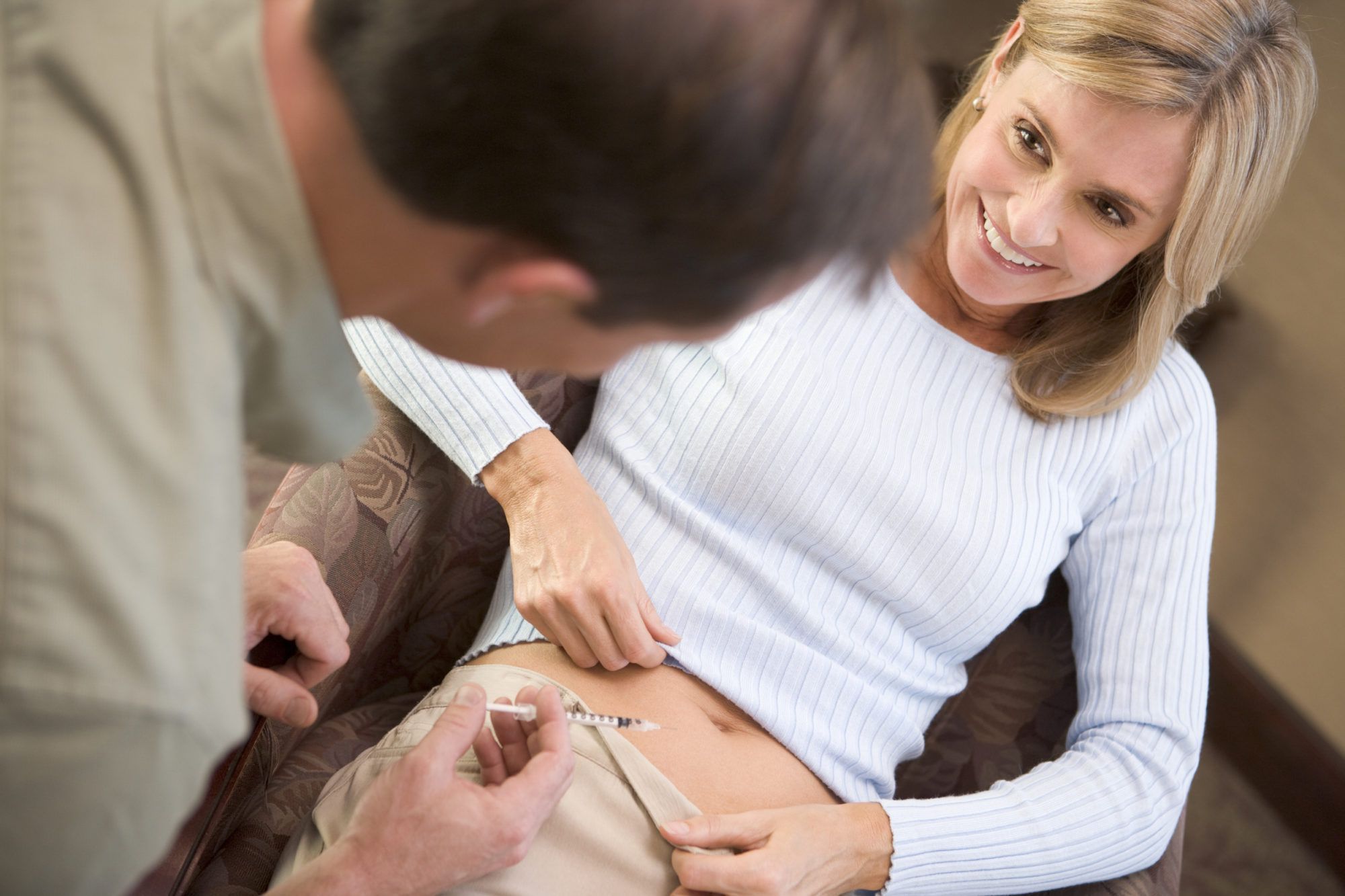If you ovulate before the trigger shot, the timing of your assisted reproductive technology (ART) cycle, such as in vitro fertilization (IVF) or intrauterine insemination (IUI), can be significantly disrupted.
The trigger shot, typically an injection of human chorionic gonadotropin (hCG), is designed to induce ovulation at a controlled time, ensuring that mature eggs are available for retrieval or fertilization. Premature ovulation can lead to the release of eggs before they can be retrieved, potentially compromising the success of the cycle.
What is the Role of Trigger Shot in Ovulation?
The trigger shot plays a critical role in controlled ovarian hyperstimulation (COH), a process used in ART to induce the ovaries to produce multiple eggs. The shot mimics the natural luteinizing hormone (LH) surge, prompting the final maturation and release of the eggs.
Recommended: Does Female Masturbation Affect Ovulation?
Administering the trigger shot at the precise time ensures that the eggs are at the optimal stage of maturity for retrieval or fertilization.

Causes of Premature Ovulation
Premature ovulation can occur due to various factors, including hormonal imbalances, the body’s response to fertility medications, or the natural variability in menstrual cycles.
When premature ovulation happens, the carefully orchestrated timing of the ART cycle is thrown off. Eggs may be released before the scheduled retrieval, making it difficult or impossible to collect them.
Signs and Symptoms of Premature Ovulation
Recognizing the signs of premature ovulation can help manage and mitigate its impact on fertility treatment. Common indicators include:
- Mid-cycle abdominal pain: Often referred to as mittelschmerz, this pain occurs on one side of the lower abdomen and can signal the release of an egg.
- Changes in cervical mucus: An increase in clear, stretchy, egg-white cervical mucus indicates that ovulation is occurring or imminent.
- Basal body temperature shift: A rise in basal body temperature suggests that ovulation has occurred.
Recommended: Does Ovulation Make You Tired?
Monitoring and Preventing Premature Ovulation
To prevent premature ovulation, fertility specialists closely monitor patients undergoing ART. This monitoring includes:
- Ultrasound examinations: Regular ultrasounds track the growth and development of ovarian follicles, ensuring they reach the appropriate size before the trigger shot.
- Hormonal assessments: Blood tests measure hormone levels, particularly estrogen and LH, to predict and prevent premature ovulation.

Managing Premature Ovulation in IVF Cycles
If premature ovulation is detected, several strategies can be employed to salvage the cycle:
- Cycle cancellation and rescheduling: In some cases, the cycle may need to be canceled and rescheduled to ensure better control over ovulation timing.
- Modified protocols: Adjusting the medication regimen or using alternative trigger shots, such as GnRH agonists, can help better control the timing of ovulation in subsequent cycles.
Recommended: Do Ovulation Tests Get Darker After 5 Minutes?
The Role of Patient Adherence and Communication
Patient adherence to medication schedules and clear communication with the fertility team are crucial for the success of ART cycles. Patients should:
- Follow instructions meticulously: Strict adherence to medication schedules and protocols is essential to prevent premature ovulation.
- Report symptoms promptly: Any signs of ovulation or unusual symptoms should be reported to the fertility specialist immediately.
The Impact on Intrauterine Insemination (IUI)
In IUI cycles, timing is equally critical. Premature ovulation can lead to the release of eggs before the sperm is introduced into the uterus, reducing the chances of fertilization and implantation. Monitoring and timely administration of the trigger shot are vital to synchronizing the release of the egg with the introduction of sperm.
Recommended: Does Ovulation Make You Emotional?
Emotional and Psychological Considerations
Experiencing premature ovulation and the potential disruption of a fertility cycle can be emotionally challenging. Patients may feel frustration, anxiety, or disappointment. It’s important to:
- Seek support: Counseling and support groups can provide emotional support and coping strategies.
- Stay informed: Understanding the reasons behind premature ovulation and the steps being taken to address it can help alleviate anxiety.
Conclusion
Premature ovulation before the trigger shot can disrupt the delicate timing of ART cycles, potentially impacting their success. However, with careful monitoring, prompt management, and adherence to protocols, fertility specialists can mitigate the effects of premature ovulation.
Clear communication and support are essential to navigating this challenging aspect of fertility treatment, helping patients remain resilient and hopeful on their journey to parenthood.
